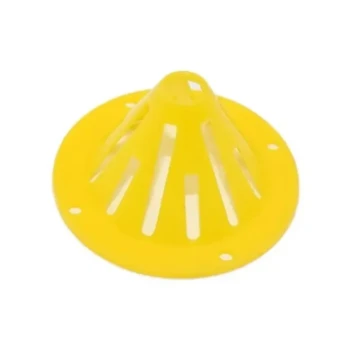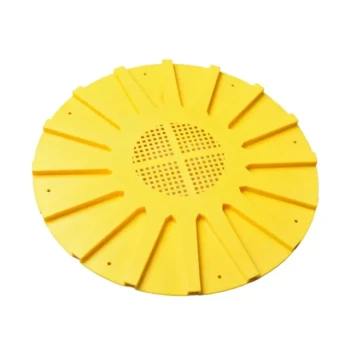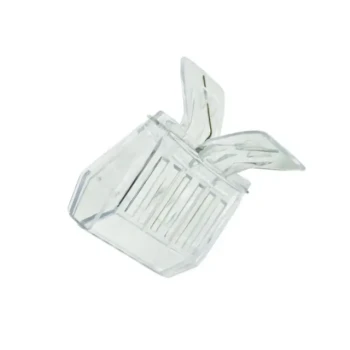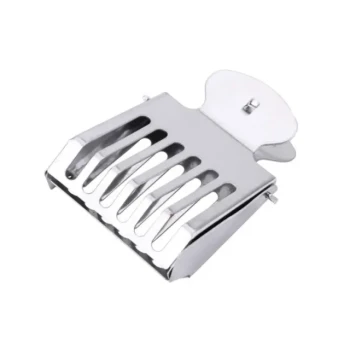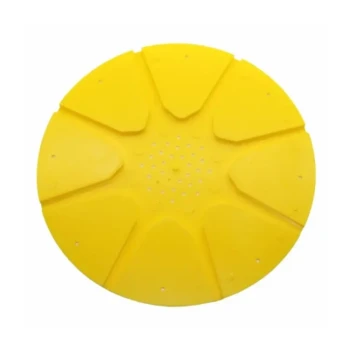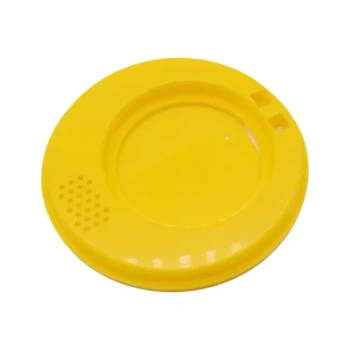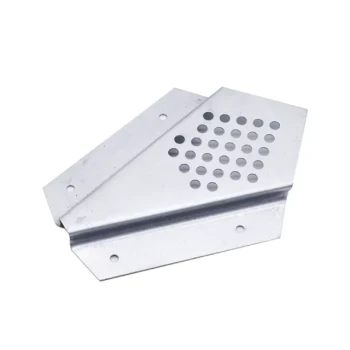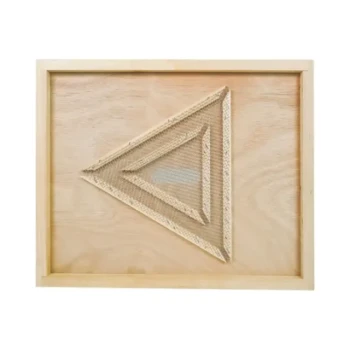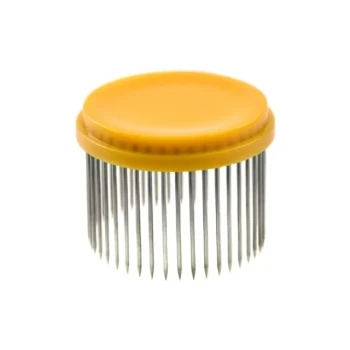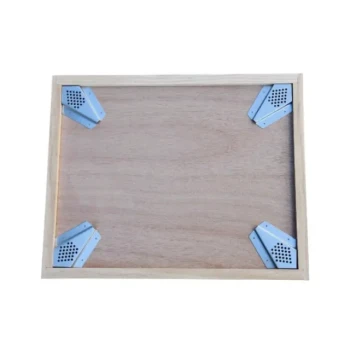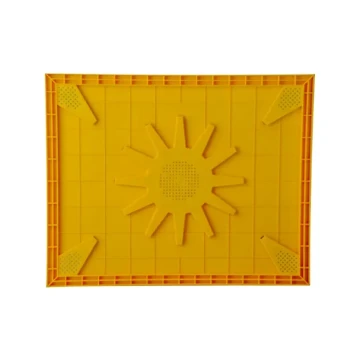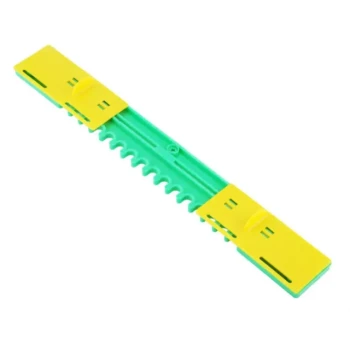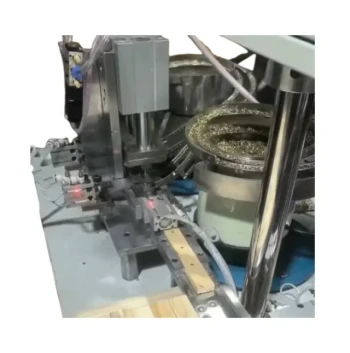The key finding was that honey bees largely ignored pollen substitute patties when ample natural pollen was available. The trials demonstrated that a colony's interest in a protein substitute is driven by nutritional necessity, not merely by its presence in the hive. Bees showed a distinct preference for natural pollen or even sham patties containing only sugar, suggesting supplemental protein is only sought when natural sources are scarce.
The consumption of pollen substitutes is dictated by the colony's immediate needs, not the beekeeper's schedule. Bees will prioritize diverse, natural pollen and will only turn to substitutes during a dearth, sometimes consuming them just for their sugar content while discarding the valuable protein.
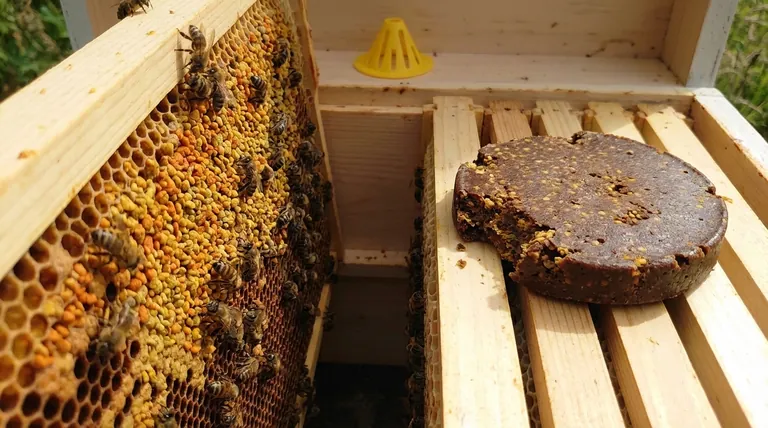
The Initial Observation: A Clear Preference for Natural Sources
These findings hinge on a direct comparison between how bees treated the protein patties versus other available food sources. The results were unambiguous.
Ignored Patties During a Pollen Flow
When natural pollen was plentiful, the bees showed minimal interest in the provided pollen substitute patties. The patties were only consumed partially, if at all, over the course of the trial.
The Strong Attraction to Sugar
In stark contrast, bees ravenously consumed "sham" patties that contained only sugar. This suggests that while the bees had an appetite for carbohydrates, their need for protein was already being satisfied by natural forage.
Interpreting the Bees' Behavior
Understanding why the bees behaved this way is crucial for any beekeeper. The observations point to a few clear conclusions about bee nutrition and instinct.
The "Protein Satiation" Hypothesis
This behavior strongly suggests that bees do not actively seek additional protein when their dietary needs are already met. A colony with access to plentiful, diverse pollen has no incentive to expend energy on a less-desirable substitute.
The Sugar Trap
The high sugar content in many commercial patties can act as a confusing attractant. Bees may be drawn to the patty to consume its sugar for energy, not because they are seeking the protein it contains.
Evidence of Discarded Protein
A critical observation was the residue of the protein portion of the patties found at hive entrances. This indicates that bees were actively separating and discarding the protein component after consuming the accessible sugars, a clear sign the protein itself was not needed.
Understanding the Trade-offs of Supplemental Feeding
Feeding pollen substitutes is not an inherently positive action. Its effectiveness is entirely dependent on timing and context.
The Risk of Unnecessary Cost and Waste
Providing protein patties when a colony has access to abundant natural pollen is a waste of both money and resources. The bees will ignore or discard the patty, providing no benefit to the hive.
The Importance of Timing
The value of a pollen substitute is unlocked only during a pollen dearth. It is a tool to bridge a nutritional gap, not a general-purpose supplement. Feeding outside of this window is ineffective.
Making the Right Decision for Your Hive
Your decision to feed a pollen substitute should be based on observation, not a predetermined calendar.
- If your primary focus is supporting a hive during a pollen dearth: Introduce protein patties when you observe a lack of incoming natural pollen to ensure the colony has the protein needed for brood rearing.
- If your primary focus is stimulating early spring buildup: Provide patties before the first natural pollen sources become available to encourage the queen to begin laying.
- If your primary focus is colony health during a strong pollen flow: Save your resources, as the bees will overwhelmingly prefer the diverse and abundant natural pollen over any substitute.
Ultimately, effective bee nutrition relies on observing your colony's needs and supplementing only when a genuine deficiency exists.
Summary Table:
| Situation | Bee Behavior Towards Patties | Key Takeaway |
|---|---|---|
| Ample Natural Pollen Available | Largely ignored; minimal consumption | Feeding is a waste of resources |
| During a Pollen Dearth | Consumed for protein needs | Effective for bridging nutritional gaps |
| Sham Patty (Sugar Only) | Ravenously consumed | Bees are attracted to sugar, not necessarily the protein |
| Patty with High Sugar Content | Protein often discarded after sugar is consumed | Indicates protein is not needed |
Maximize Your Apiary's Health and Efficiency with HONESTBEE
Understanding the nuances of bee nutrition is key to successful beekeeping. At HONESTBEE, we supply commercial apiaries and beekeeping equipment distributors with the high-quality supplies needed to support healthy colonies precisely when they need it. Whether you're managing a large-scale operation or distributing to fellow beekeepers, our wholesale-focused services ensure you get reliable equipment without unnecessary expense.
Let's discuss how our products can support your specific beekeeping goals. Contact HONESTBEE today!
Visual Guide
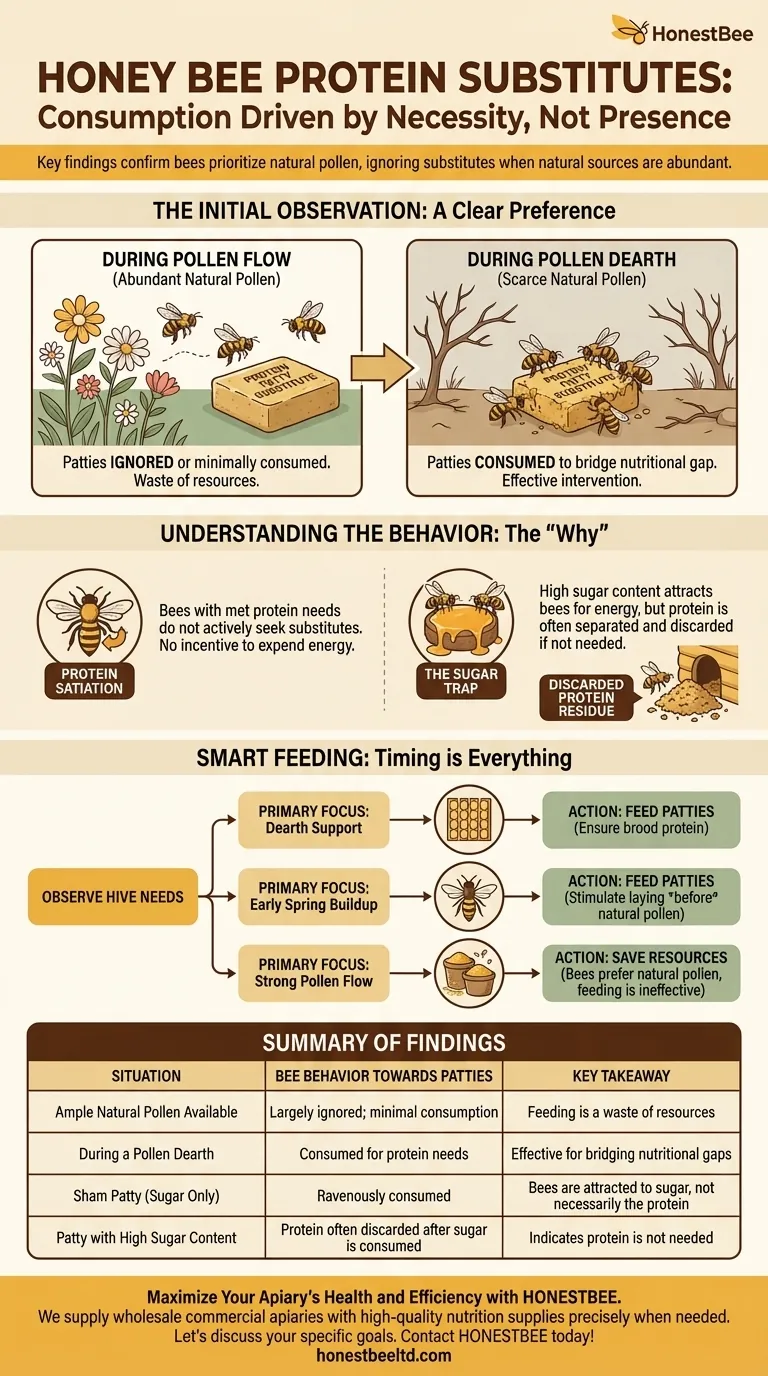
Related Products
- Slatted Porter Style Bee Escape for Rapid Hive Clearing
- High Performance Plastic Queen Excluder for Beekeeping and Apiary Management
- High Performance Cordless Electric Bee Shaker for Beekeeping
- Durable 16 Way Circular Bee Escape for Efficient Honey Harvesting
- Professional Spring-Action Queen Catcher Clip
People Also Ask
- How does an escape board function to clear bees from a honey super? Master Stress-Free Honey Harvesting
- What is the correct orientation for placing Triangular Escape Boards? Ensure a Stress-Free Honey Harvest
- Are Triangular Escape Boards ready to use? Yes, and Here's How to Use Them Effectively
- What is the purpose of Triangular Escape Boards? Achieve a Calm, Efficient Honey Harvest
- Can an escape board be used for purposes other than clearing honey supers? Versatile Hive Management Tips
